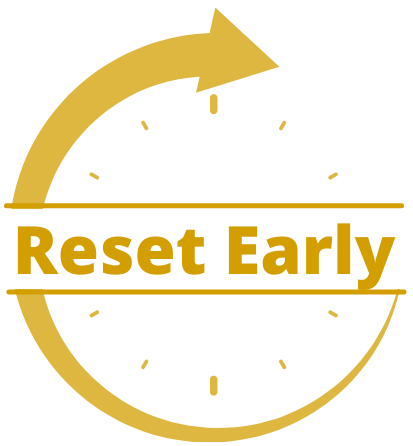Are Roth IRAs Magical?
One of the latest trends I keep seeing in the personal finance groups are all these questions surrounding Roth IRAs and investing in them all the time as their primary retirement investing tool. While I do like Roth IRAs and I used them when I was low income in college and now that I have no to low income I’m back to using them again, I also understand that there is a time and a place for them and it’s all based on current and future tax brackets.
Let’s clear up some things before we start:
Roth vs Traditional- You can have several different types of retirement accounts. Roth means you’re paying taxes on the money now and it’s allowed to grow tax-free. Traditional means you get a tax-break now and you pay taxes when you’re removing the funds. While you aren’t paying taxes on the growth in a Roth account, you are losing principle funds unlike what you’re doing with a Traditional account. I once had a financial advisor tell me that Roth is a promise from the government, since we don’t really know what taxes or rules surrounding our retirement accounts will be.
IRA vs 401k- These are different types of retirement accounts. IRA is an Individual Retirement Account, but a 401k is opened by an employer that you’re able to invest into. There are different contribution limits for these. Depending on the plans, you may have both Roth and Traditional forms of these accounts.
Note: There are several other retirement accounts like 403b, 457, Solo 401k and you should look into the differences between these accounts as well.
Note 2: When speaking about retirement accounts, if they don’t state they are Roth then they are assumed to be a Traditional account.
Your goal when thinking about taxes is to reduce minimum lifetime taxes instead of just in the current tax year. What is optimal for one person when filling up tax brackets is not necessarily the optimal for someone else. You’re not going to be perfect with this optimization, you don’t know things about the future with what tax brackets you’ll be at, so just try your best with this optimization process and don’t beat yourself up if you make mistakes along the way.
Roth accounts are best to use when your income is low, for example while going to school, when in early retirement or the early years of working. Traditional accounts are better to use when you’re at your highest income years. I used a traditional 401k for my full-time high income earning years which was the right choice for me since I will have many years of low-income or no-income so I can do Roth conversions (moving money from my 401k>IRA>Roth IRA). I pay taxes, using non-retirement funds, when doing this conversion, but I’m filling up the lower tax brackets and avoiding early withdrawal penalties.
Overall, there are a lot of nuances with understanding your tax situations and how to reduce your overall tax strategies, you’re not going to do things perfectly and your future self will probably question why you didn’t do something sooner, but the key is just to keep educating yourself and doing what is best with the knowledge that you have.

